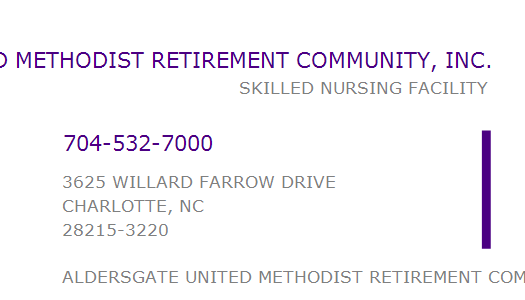
There are many options for long-term nursing care for an elderly loved one. There are a number of options available, including Assisted living, Community-based care, Alzheimer's care, and Home care. While it can be difficult to choose the right option, there are some things you should keep in mind. This article will discuss some of the many options available for eldercare.
Assisted living
A type of assisted living community for the elderly provides assistance with daily activities such as housekeeping and personal care. Residents can engage in hobbies or take part in social activities. In most cases, healthcare is available at all times. A care plan is created for each resident and reviewed on a regular basis. Special needs or patients with medical conditions can be referred.
Some costs associated with assisted living may be covered by Medicaid. The current coverage of Medicaid covers 75 million Americans. This includes children, low-income adults and elderly. Medicaid eligibility requirements and the application process vary from state to state. For more information, please contact your state's Medicaid assistance agency. Medicare does NOT cover the costs associated with assisted living. If you qualify for Medicaid, there are several other options to cover the expenses.

Home care
As your loved-one ages, you'll need to make decisions regarding the type of long term home care that he/she will require. Naturally, aging can bring about the need for assistance. But so can dementia progression and illness. We have some resources and tips to help you make an informed decision. Below you'll find some helpful tips for finding the right long term care provider. Recommendations from friends and family can also be helpful.
Seniors may feel more at ease staying at home. This familiarity often helps older people cope with loss and illness. The best decision is to remain in the same home as their family. Many decisions to move out of the house are made only after a health crisis or a sudden loss. Early planning is important to ensure that your loved one is comfortable with the option. This will ensure that your loved one can still visit their family and remain close to them.
Community-based Care
In communities around the country, more than a million direct-care workers provide home health and personal care services for the elderly. As people age, the demand for community-based services for long-term care will increase. Eighty percent of adults prefer to receive their care in their own home than in an institution. The range of community-based services includes personal care, home modifications, transportation and meals.
These services are provided by loved ones or by paid professionals and provide long-term support to the elderly. These services can be an alternative to nursing home care, as they are more affordable and flexible. The services they provide can include housekeeping, supervision, and a minimum number of meals a day. These homes can be licensed by the State Department of Health and Medicaid. Most family-type facilities accept these programs. This is a good option for anyone who is unable or unwilling to move into a nursing home.

Alzheimer's care
It is crucial to know how to care for Alzheimer's patients if you are responsible for elderly loved one. Incontinence can occur when the bladder is not controlled properly. Incontinence is an embarrassing problem that can be difficult to deal with and can be a sign of an underlying physical illness such as a urinary tract infection. There are many options for providing Alzheimer's care to the elderly.
Writing down all medications taken by the patients is a great place to begin. Prescription assistance programs (PAPs) are offered by most pharmaceutical companies. These will give you free medication. You can also ask for co-payment waivers if you have health insurance. Be sure to list all medications taken by the patient and then search the database for assistance programs. The database will contain a list of assistance programs that can help pay for your loved one's medications.